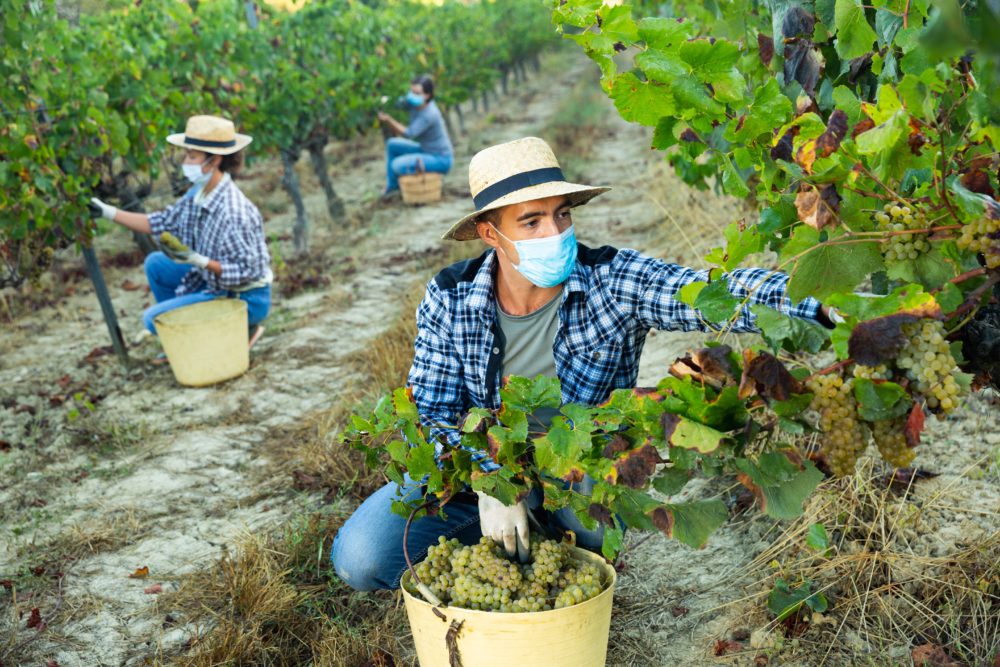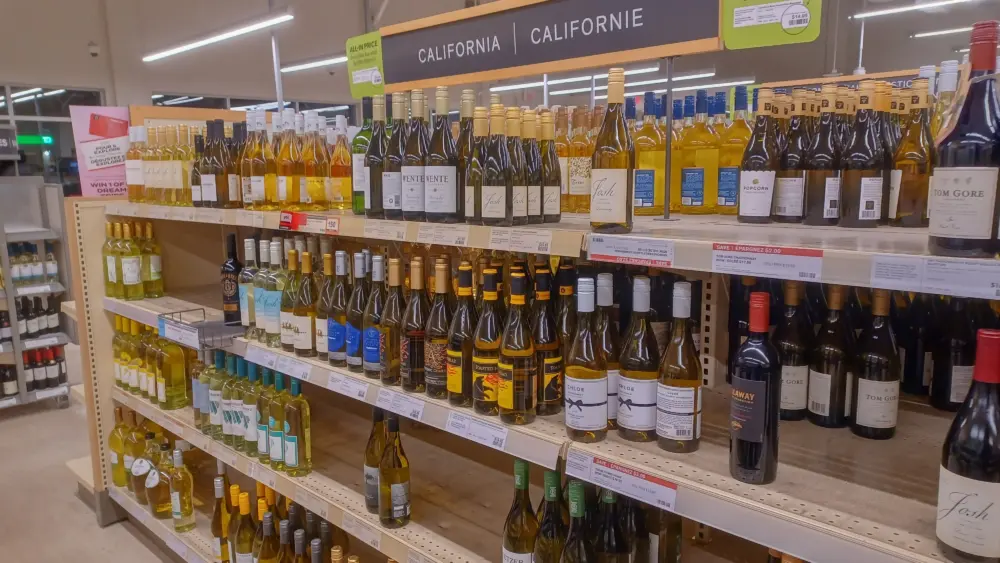
They say you can’t spell show business without the word “business” and that’s certainly true for “agribusiness.” Welcome to the July Agribusiness issue, featuring the latest challenges and trends in one of our leading industries in the North Bay. This is an extraordinary year to report on what we accomplish at the incalculable number of farms within our borders. The men and women who drive agribusiness—mostly unsung heroes in a national culture that celebrates likes and tweets more than drive and accomplishment—make up the backbone of this industry. We enjoy world-class wines and devour a wide array of farm-fresh produce and commodities grown and raised in the North Bay.
California’s drought has been making headlines. After two consecutive and extraordinarily dry years, the state is facing another dry and hot summer. In April, Gov. Gavin Newsom visited Lake Mendocino and proclaimed a state of emergency in Sonoma and Mendocino counties due to drought conditions in the Russian River Watershed. At the time, Lake Mendocino was at 43% target capacity and Lake Sonoma was at 62% capacity—both the lowest they’d ever been in April. For grape growers and those who work in the industry, it’s all in a day’s work, but VineWise columnist Tim Carl provides an overview of what’s happening now and how the drought will impact grapevines. For those in the business of wine, be sure to check out “Best Vineyard Management Practices” on page 25 for tips from industry leaders.
A return to normalcy
Life in the North Bay is beginning to resemble the joyful, frenzied pace we all remember. The vaccines, which are now widely available, are truly miraculous in reducing COVID-19 infections and dramatically reducing hospitalizations and mortality rates. As normalcy returns, however, inflation fears, and the obvious impact rising prices have on this activity, have rightfully alarmed business leaders everywhere. Steel, lumber, and fuel, the building blocks of economic progress, have skyrocketed in price over the last few months. Each of these are essential components in our efforts to help our community fund the businesses that create salaries and sustain local families. After more than 15 months of public health restrictions, mandates, bans and color-coded tiers, California is beginning to look fairly back to normal. The state dropped its mask mandate on June 15, and adopted the recommendations of the federal Centers for Disease Control and Prevention. This allows vaccinated folks to go mask-less in most places, except for areas where the potential for vulnerable people congregating in confined spaces such as classrooms, hospitals and nursing homes. Those who are unvaccinated are required to wear a mask indoors in most public places, and it’s been left up to businesses as to how this will be enforced; many are still grappling with how to handle it. Some employers are ignoring their role in their employees’ decisions; others offer incentives to facilitate high remuneration rates.
To make matters even more complicated, the federal Occupational Safety and Health
Administration (OSHA) has suspended the legal requirement for employers to report work-related injuries resulting from COVID-19 vaccinations. On the surface, that may not seem like a big deal, but this suspension of the law doesn’t change the liability faced by employers under workers’ compensation or personal injury laws, according to Liberty Counsel, a nonprofit group. The Epoch Times, an independent, news media outlet based in New York, is following this story with great attention. As they report, the OSHA website stated in May that employers could be held liable if they required any employee to receive a vaccine as a condition of employment, and the employee later became sick from it. But just a few weeks later, OSHA turned this requirement around by announcing that it would not enforce any requirements related to the reporting of work-related side effects from COVID-19 vaccinations. Oh boy—managing within the law has never been more difficult!
The annual Agribusiness issue always serves as a reminder that we are all stewards of the land. What steps are you taking at work—or at home—to save water this summer? Are you finding ways to conserve water every time you turn on the tap? I’m always interested to hear your thoughts and hope that you’ll reach out to me at Lawrence@NorthBaybiz.com.
Author
-

Lawrence Amaturo is the publisher of NorthBay biz magazine. In addition to the magazine, Amaturo Sonoma Media Group is owner/operator of Waterdrop Digital Media and eight radio stations serving the North Bay region: KZST, KSRO, Froggy 92.9, 97.7 The River, Hot 101.7, and The Wolf 102.7. Lawrence and his wife, Susan, a local physician, are active in several philanthropic endeavors, and enjoy golfing, skiing and traveling with their adult daughters.
View all posts



